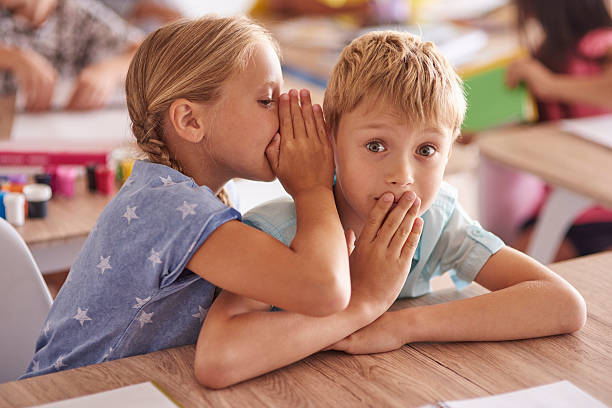ppr-revolution.com – In the quiet corners of playgrounds, the hushed exchanges during sleepovers, and the scribbled pages of diaries with tiny locks, children harbor a world of secrets and stories. These childhood whispers, often dismissed as trivial by adults, are the building blocks of a child’s understanding of the world, their place within it, and the intricate dance of trust and betrayal. This article delves into the realm of childhood secrets, exploring their significance, the stories they tell, and the lessons they hold.
The Significance of Childhood Secrets
Childhood secrets are more than just hidden truths; they are a child’s first foray into the complexities of human relationships. Keeping a secret can make a child feel special, trusted, and grown-up. It’s a rite of passage, a step towards independence and the development of a personal identity separate from the family unit. However, this newfound responsibility can also be daunting, as children grapple with the ethics of honesty and loyalty, often for the first time.
The Stories They Tell
The stories children share in whispers are as varied as the children themselves. They might be about a hidden stash of candy, a secret club with an elaborate handshake, or a make-believe world where they are the hero. These stories, while seemingly simple, are rich with meaning. They reveal children’s fears, desires, and understanding of the world around them. A secret about a monster under the bed might reflect a child’s anxiety about the unknown, while a tale of a secret superhero identity could be a child’s way of expressing a desire for power and recognition.
The Lessons They Hold
Childhood secrets and stories are not just about the present; they also hold lessons for the future. Through keeping secrets, children learn about trust, responsibility, and the consequences of their actions. They discover that words have power and that sharing information can have both positive and negative outcomes. These lessons are crucial for the development of social skills and the ability to navigate complex social dynamics.
Moreover, the stories children create and share are a form of narrative intelligence. They demonstrate a child’s ability to construct narratives, solve problems, and express emotions in a safe and controlled environment. This narrative intelligence is a precursor to the development of empathy, creativity, and critical thinking skills.
Conclusion
Childhood whispers, with their secrets and stories, are a vital part of growing up. They are a child’s way of making sense of the world, expressing themselves, and learning about the intricacies of human relationships. While adults may see these whispers as trivial, they are anything but. They are the foundation upon which a child builds their understanding of trust, responsibility, and the power of storytelling. As we listen to these whispers, we gain insights not only into the minds of children but also into the very essence of what it means to be human.
